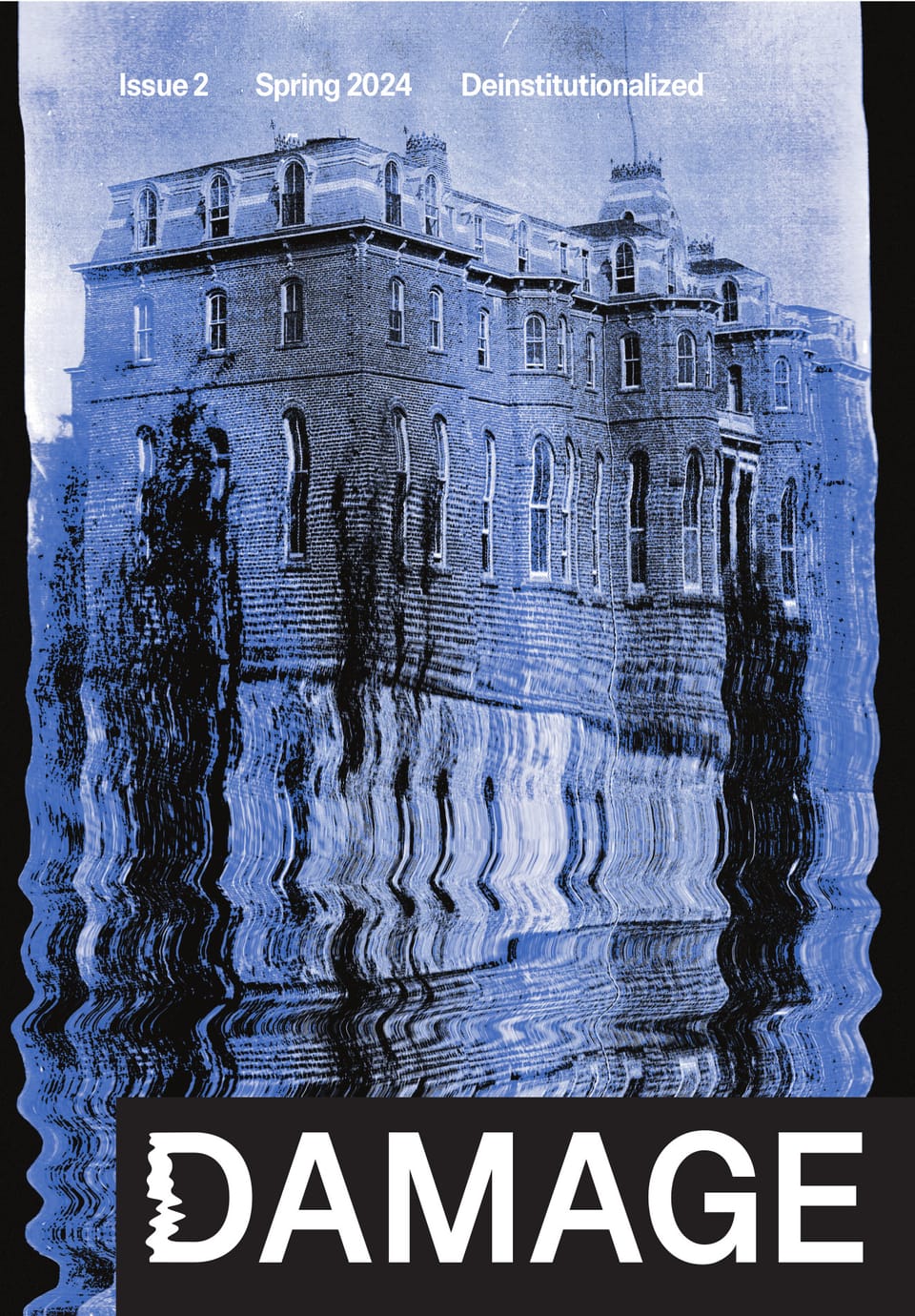Our second print issue is out soon. Subscribe today to get your copy in the mail, or for digital access.
Editorial
What's in this issue
What does it mean to live in a deinstitutionalized society today, and why do contemporary institutions so often fail to make up for what has been lost? Our second print issue, “Deinstitutionalized,” seeks to find out.
Interview
What was Psychiatric Deinstitutionalization?
An interview with sociologist and historian of psychiatry Andrew Scull about the history and legacy of psychiatric deinstitutionalization.
Features
Making the Present the Enemy of the Future
Kensington, Philadelphia has a social problem. Harm reduction policies won’t fix it.
From ADHD to Let Me Be: Taking Control of Time
Faced with the demands of a hyper-accelerated world, people are increasingly looking for an escape. But freedom won’t be found in withdrawal—from work, cities, or politics. Only a struggle over how we spend our time will liberate us.
Professional Populists in the Culture Wars
The cultural studies revolution rejected universalism and embraced popular culture. This has been a disaster for the humanities and social sciences, but enormously successful in obfuscating growing social inequality and inflating the importance of culture wars.
Odd Man Out
The Odd Fellows were once the largest fraternal organization in the United States. Much like other such associations, their decline has been rapid and devastating, but remarkably, some still bear great faith in the future of Odd Fellowship.
Bodiless Bodies: The Rise of Para-Institutions
Civil society was once occupied by popular forces that could function as a bulwark against both capitalist marketization and state authoritarianism. Today, it has been colonized by the NGO, which, in turn, colonizes our hollowed-out politics.
Essays
Going Beyond the Politics of Institutional Racism
“Institutional racism” was a flawed framework for understanding inequality when it was first introduced by Stokely Carmichael and Charles V. Hamilton in 1967. Today, as a synonym for “racial disparities,” it is even more obfuscating.
The Utility of Utilities
Climate activists are no fans of electric utilities. But the market-based alternatives that they often prefer—for rolling out renewable technologies faster than utilities—will not deliver infrastructural change at the scale we need.
Who Invited Robert?
Robert’s Rules of Order were designed to make large organizations of members with disparate interests and customs functional. No surprise that they have been rejected by many left groups since the 1960s, who have been less interested in functionality than comradery.
Aging Advocacy
The complicated relationship between Medicare and AARP unveils the mixed incentives of consumer advocacy groups and the contradictory nature of nonprofit organizations.
Barflies
No matter what you're at the Apple Genius Bar for, it is a bewildering, sci-fi-sleek, calamity where you know nothing of your fate, and your torturers are tortured themselves.

